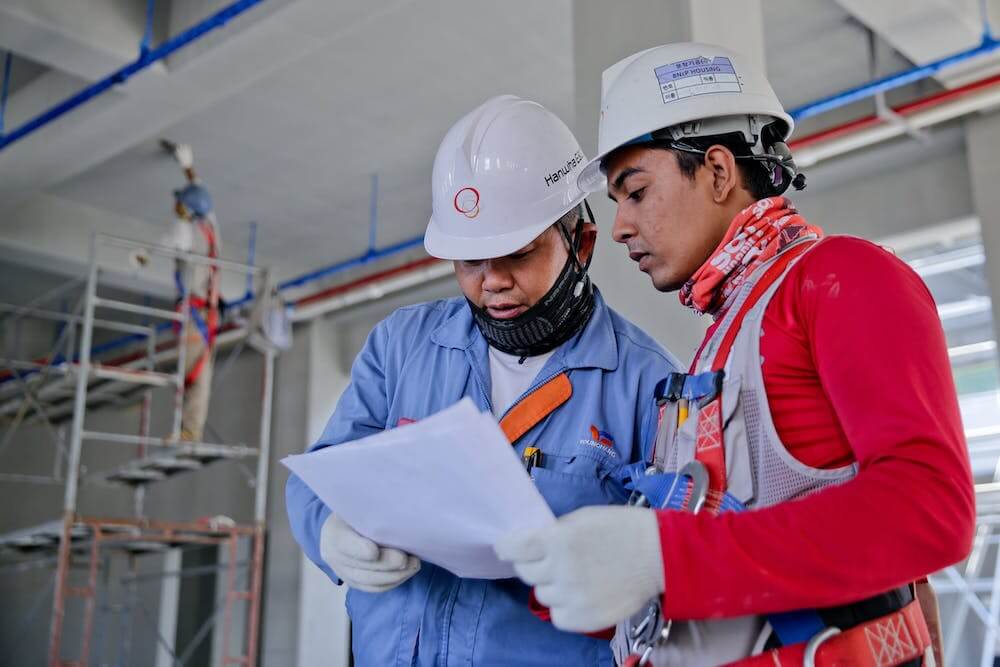
A construction attorney provides several types of legal support, with one of the most important types of legal support concerning offering advice on what to look for in a construction contract. The clauses written into a construction contract form the legal foundation for completing a project. Although a construction contract consists of many elements, you should focus on the five essential elements of a construction contract to ensure you receive the strongest legal support in case a construction dispute arises.
Fully Completed Contact Information
To qualify as a legally binding construction contract, both parties must fully complete the section requesting contact information. This means providing your full legal name, as well as your current address and phone number. The contact section typically sits at the top of a construction contract. At the end of the construction contract, you must sign the document to make it legally valid.
Without providing accurate contact information and signing the construction contract, your construction attorney will have a difficult time getting the contract to hold up as a valid legal document during a construction dispute.
Detailed Description of the Work
A legally valid construction contract must contain a section that describes in detail the work the property owner expects the general contractor to complete. For example, entering a construction contract with a roofing company requires a description of the deadlines, materials used, prices and budget, and any special requirements. The construction contract should present a clear explanation of every service provided by a roofing contractor.
Without a detailed description of the work expected, it might be difficult to prove a contractor committed one or more acts of negligence.
Project Cost/Terms of Payment
This section of a construction contract should be short and clearly stated. You can break down the costs of a construction project by broad categories or include cost sub-categories to account for all the expenses associated with a construction project. Going into as much detail as possible regarding expenses helps you avoid the types of cost overruns that lead to construction disputes.
After listing the expenses of a construction project, describe the payment terms that include the amount and frequency of each payment.
Work Schedule
Set a notice to proceed date followed by a start and finish date for your construction project. The construction contract should define the difference between workdays and calendar days. In the work schedule section, there should be a subsection that emphasizes the general contractor is not responsible for the delays caused by bad weather and the approval of permits. Your construction attorney should account for changes in lead times from suppliers as well.
Which Party Assumes Authority
A construction project involves the property owner, general contractor, and several special contractors. The construction contract should determine which party has the legal authority to make legally binding decisions concerning the construction project before the start of the project. Determining legal authority can eliminate many of the legal issues that arise during a construction project.
